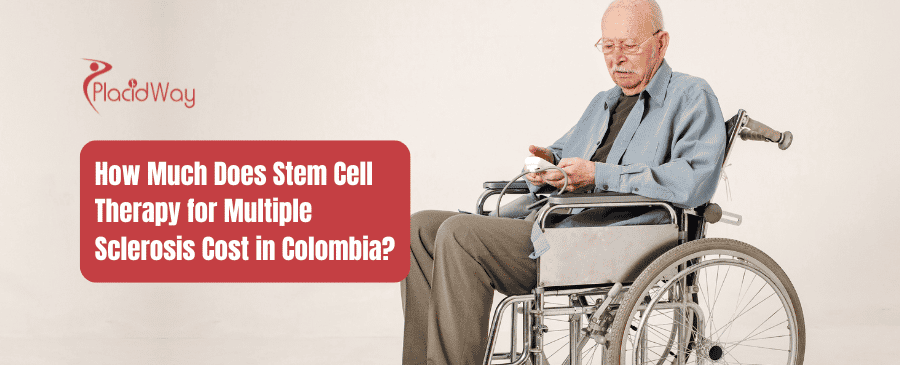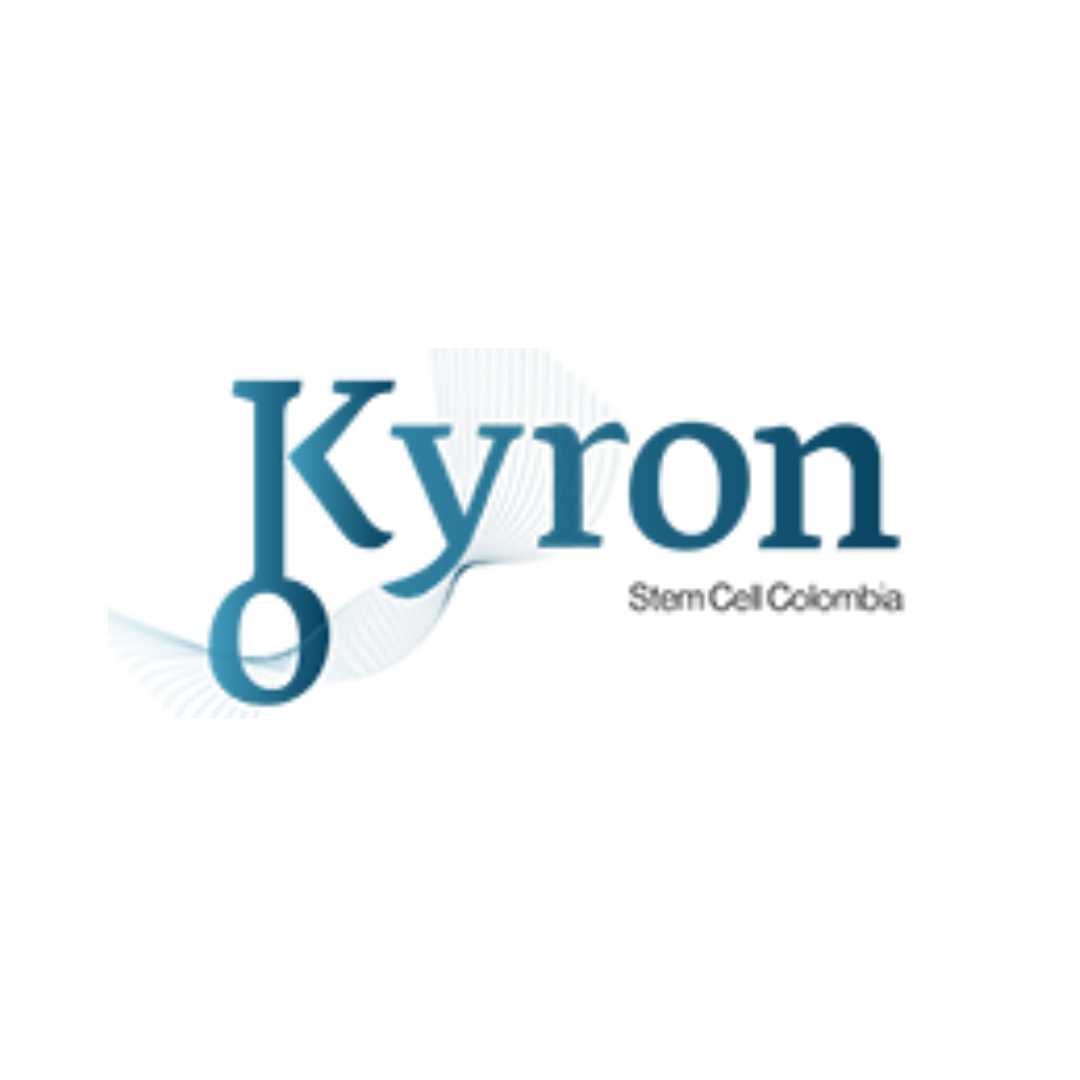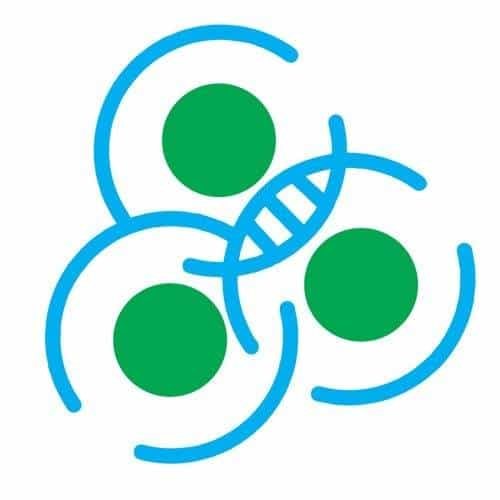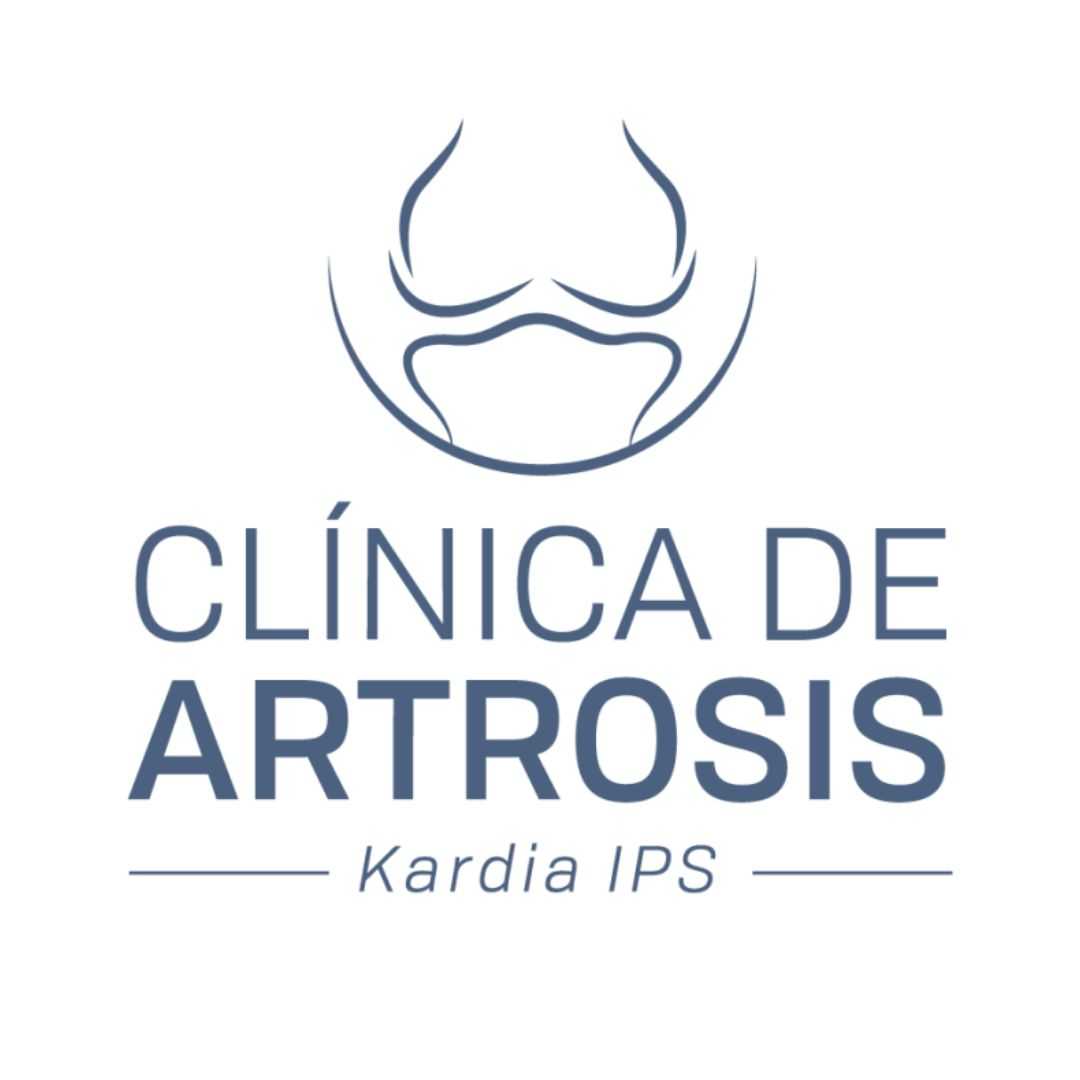A Guide to Stem Cell Therapy for Multiple Sclerosis in Colombia

For individuals living with Multiple Sclerosis (MS), the search for effective treatments can be a long and challenging journey. Stem cell therapy for Multiple Sclerosis in Colombia has emerged as a promising option, offering hope for slowing disease progression and improving quality of life. This innovative treatment utilizes the body's own regenerative capabilities to potentially repair nerve damage and reduce inflammation associated with MS. As a result, Colombia has become a significant destination for medical tourists seeking high-quality, affordable stem cell therapy. This guide will answer the most pressing questions you have about undergoing this life-changing treatment in Colombia.
What is Stem Cell Therapy for Multiple Sclerosis?
"Stem cell therapy for Multiple Sclerosis is a medical procedure that uses stem cells to help repair damaged tissues, modulate the immune system, and reduce inflammation in the central nervous system, thereby potentially slowing the progression of the disease and alleviating symptoms."
Multiple Sclerosis is an autoimmune disease where the body's immune system mistakenly attacks the protective sheath (myelin) that covers nerve fibers. This damage disrupts communication between the brain and the rest of the body, leading to a wide range of symptoms. Stem cell therapy for MS aims to counteract this process. The stem cells, particularly mesenchymal stem cells (MSCs), have unique properties. They can differentiate into various cell types, including those that form myelin, and they release anti-inflammatory and immunomodulatory factors that can help calm the overactive immune response characteristic of MS.
The goal of this therapy is not to provide a cure but to manage the disease more effectively. By introducing a high concentration of stem cells into the body, doctors hope to create an environment that promotes healing and reduces the frequency and severity of relapses. This can lead to significant improvements in mobility, cognitive function, and overall well-being for many patients.
How Does Stem Cell Therapy for MS Work in Colombia?
"In Colombia, stem cell therapy for MS typically involves the administration of mesenchymal stem cells (MSCs), often derived from umbilical cord tissue, bone marrow, or adipose tissue. These cells are introduced into the body, usually through intravenous (IV) infusion or intrathecal (spinal) injection, to target inflammation and promote neural repair."
The process begins with a thorough evaluation of the patient's medical history and current condition. This includes reviewing MRIs, blood tests, and neurological assessments to determine if they are a suitable candidate. Once approved for treatment, the stem cells are prepared. If allogeneic cells (from a donor, often umbilical cords) are used, they are carefully screened and processed in a lab to ensure their safety and potency. If autologous cells (from the patient's own body) are used, they are first harvested from sources like bone marrow or fat tissue.
The administration of the stem cells is a minimally invasive procedure. IV infusions allow the cells to travel throughout the body, where they can exert their anti-inflammatory and immunomodulatory effects system-wide. Intrathecal injections deliver the cells directly into the cerebrospinal fluid, allowing for more targeted action within the central nervous system. The choice of administration method depends on the patient's specific needs and the clinic's protocol.
What is the Cost of Stem Cell Therapy for Multiple Sclerosis in Colombia?
"The cost of stem cell therapy for Multiple Sclerosis in Colombia typically ranges from $5,000 to $15,000 USD. This is significantly more affordable than in countries like the United States, where similar treatments can cost upwards of $27,000."
The exact cost can vary depending on several factors, including the clinic, the type and number of stem cells used, the number of treatment sessions required, and the complexity of the patient's condition. The price generally includes the initial consultation, the stem cell procurement and processing, the administration of the therapy, and some follow-up care.
It's important to note that this cost usually does not include travel, accommodation, or other personal expenses. However, even with these additional costs, the total expense for undergoing stem cell therapy in Colombia is often a fraction of what it would be in North America or Europe, making it an attractive option for many international patients.
What are the Best Clinics for MS Stem Cell Therapy in Colombia?
"Colombia has several reputable clinics offering stem cell therapy for Multiple Sclerosis, with facilities in cities like Bogotá, Medellín, and Pereira. These clinics are known for their experienced medical teams, modern facilities, and adherence to international standards."
When choosing a clinic, it's crucial to do thorough research. Look for clinics that are transparent about their treatment protocols, have a team of qualified specialists in neurology and regenerative medicine, and can provide patient testimonials or case studies. Some of the well-regarded clinics in Colombia have international accreditations and collaborations, which can be a good indicator of their quality and safety standards.
Reading reviews and connecting with past patients can also provide valuable insights into the patient experience at different facilities. A good clinic will be responsive to your inquiries and provide clear and comprehensive information about their procedures and what you can expect.
Is Stem Cell Therapy in Colombia Safe and Regulated?
"Yes, stem cell therapy in Colombia is generally considered safe when performed at reputable clinics that adhere to national and international regulations. The Colombian National Food and Drug Surveillance Institute (INVIMA) is the regulatory body that oversees the use of stem cell therapies."
INVIMA sets guidelines for the procurement, processing, and application of stem cells to ensure patient safety and the quality of the treatment. Reputable clinics in Colombia operate under these regulations and often hold additional international certifications. They use sterile laboratory environments to process the cells and have strict protocols to minimize the risk of infection or other complications.
However, as with any medical procedure, there are potential risks. These can include infection at the injection site, an allergic reaction to the infused cells (though rare with MSCs), or the therapy being ineffective. It's essential to discuss these risks with your doctor before proceeding with treatment. Choosing an accredited and experienced clinic significantly minimizes these risks.
What Types of Stem Cells are Used for MS Treatment in Colombia?
"The most common type of stem cells used for MS treatment in Colombia are mesenchymal stem cells (MSCs). These are multipotent adult stem cells that can be sourced from umbilical cord tissue, bone marrow, or adipose (fat) tissue."
MSCs are favored for treating autoimmune conditions like MS because of their powerful immunomodulatory and anti-inflammatory properties. They can help to regulate the immune system and reduce the inflammatory attacks on the nervous system. Additionally, they have the potential to support the repair of damaged tissues.
Allogeneic MSCs, derived from donated umbilical cords, are frequently used. These cells are considered "immunoprivileged," meaning they are less likely to be rejected by the recipient's immune system, eliminating the need for HLA matching. This allows for the use of high-quality, potent cells from healthy donors. In some cases, autologous MSCs from the patient's own body may be used.
What are the Success Rates of Stem Cell Therapy for MS in Colombia?
"While there is no standardized 'success rate' for stem cell therapy for MS, many patients who undergo treatment in Colombia report significant improvements in their symptoms and a slower progression of the disease. Some studies and clinic data show positive outcomes in a high percentage of patients."
Success is often measured by a reduction in the frequency and severity of relapses, improvements in mobility and neurological function as measured by scales like the Expanded Disability Status Scale (EDSS), and an overall enhancement in quality of life. Many patients experience increased energy levels, reduced fatigue, better bladder control, and improved cognitive function.
It is crucial to have realistic expectations. Stem cell therapy is not a cure for MS, and the results can vary from person to person. The effectiveness of the treatment can be influenced by the type and stage of MS, the patient's overall health, and their adherence to post-treatment care recommendations.
What is the Process for International Patients?
"The process for international patients seeking stem cell therapy for MS in Colombia is designed to be as smooth as possible. It typically begins with a remote consultation, followed by travel and treatment in Colombia, and concludes with a follow-up care plan."
The initial step is to contact a clinic and provide your medical records for review. This allows the medical team to assess your case and determine if you are a good candidate for the therapy. This is usually done through email or video calls.
Once you are approved for treatment, you will need to make travel arrangements to Colombia. Many clinics offer assistance with this, including recommendations for accommodation and local transportation. The treatment itself usually takes place over a period of a few days to a week. After the procedure, you will receive post-treatment instructions and a plan for follow-up communication with the medical team to monitor your progress.
What are the Potential Benefits of This Treatment?
"The potential benefits of stem cell therapy for Multiple Sclerosis include a reduction in the frequency of relapses, slowing of disease progression, improvement in motor and cognitive functions, and an overall enhanced quality of life."
Many patients experience a range of positive outcomes, which can be life-changing. These benefits can be categorized as follows:
- Immunomodulation: The stem cells can help to regulate the overactive immune response, reducing the attacks on the myelin sheath.
- Anti-inflammatory Effects: The cells release powerful anti-inflammatory molecules that can reduce inflammation in the brain and spinal cord.
- Neuroprotection and Repair: There is evidence to suggest that stem cells can protect existing nerve cells from further damage and may even promote the regeneration of myelin.
- Symptom Improvement: Patients often report a reduction in fatigue, improved balance and coordination, better bladder and bowel control, and clearer thinking.
What are the Risks and Side Effects?
"The risks and side effects associated with stem cell therapy for MS in Colombia are generally minimal, especially when performed in a reputable clinic. The most common side effects are temporary and may include fatigue, headache, or low-grade fever after the infusion."
As with any medical procedure, there is a small risk of infection at the injection site. Allergic reactions are rare, particularly with the use of MSCs. There is also the possibility that the treatment may not be effective for every individual.
More serious complications are very rare when the therapy is conducted under strict safety protocols. It's essential to have a detailed discussion with your doctor about all potential risks and side effects before making a decision. Choosing a clinic with a strong safety record is the best way to mitigate these risks.
How Long Does it Take to See Results?
"The timeline for seeing results from stem cell therapy for MS can vary. Some patients may notice improvements within a few weeks, while for others, it may take several months to see the full benefits of the treatment."
The regenerative process initiated by the stem cells takes time. The initial effects are often related to the anti-inflammatory properties of the cells, which can lead to a quicker reduction in some symptoms. The more long-term benefits related to tissue repair and immune modulation will develop over the following months.
Patience is key. It is important to follow the post-treatment care plan provided by the clinic and to maintain open communication with your medical team about your progress. They can provide guidance and support as you navigate your recovery and healing journey.
Are There Alternative Treatments for MS in Colombia?
"Yes, in addition to stem cell therapy, a range of conventional and alternative treatments for Multiple Sclerosis are available in Colombia. These include various disease-modifying therapies (DMTs), physical therapy, and other supportive care options."
Colombia has a well-developed healthcare system, and patients have access to most of the same MS medications that are available in North America and Europe. These DMTs are the standard of care for managing MS and work by suppressing the immune system to reduce the frequency and severity of relapses.
Many patients choose to combine stem cell therapy with other treatments to achieve the best possible outcome. A comprehensive approach that includes medication, physical and occupational therapy, a healthy diet, and lifestyle modifications can be very effective in managing the symptoms of MS and improving overall quality of life.
Ready to explore your options for stem cell therapy for Multiple Sclerosis? PlacidWay can connect you with leading clinics and specialists in Colombia and around the world. Explore our network of trusted healthcare providers and take the next step towards a better quality of life.


.png)




.png)

.png)







Share this listing